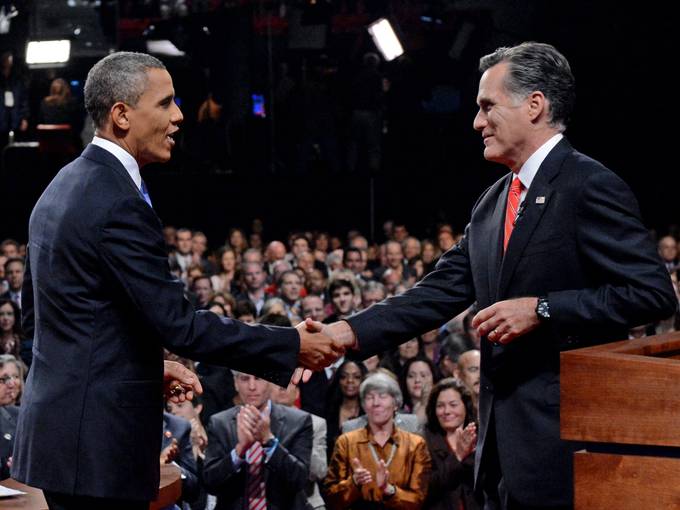I once proudly said, “The opposite of love is apathy, not hate.” I thought myself profound. I have come to realize love is opposed to both.
To see how this works, consider the following questions.
Is zero the opposite of infinity? Or is the opposite of infinity negative infinity? Is having nothing the opposite of being rich? Or is the opposite of rich being in great debt?
Great debt and great wealth are similar in that they both speak of vast quantities. Yet they are opposites because the one relates to my bank account in a positive way and the other in a negative way. On the other hand, great wealth and abject poverty are similar in that they both consider positive quantities. Yet they are opposites because one speaks of much and the other of little (or nothing). So, both abject poverty and great debt are opposites of great wealth, but in different ways.
So also, love is opposite and similar to hatred in a way that apathy is not. And love is opposite and similar to apathy in a way that hatred is not.
Apathy is literally to be unmoved or to have a lack of passion (from Greek α + παθος a + pathos). It is seeing the distress of the orphan and not caring. It is watching your spouse drift farther and farther away and not being moved to draw her close.
Hatred is a passion to see the ruin of an object. It rejects and flees from its object. It desires and wills evil for that on which it sets its sights. It says that my good and the object’s good are opposed to each other. It is the act of road rage. It is the burning cross illuminating the visage of a white hooded figure.
From its opposites, we can see that love involves at least two aspects: passion and good intention.
The first is passion, or being moved to act. Love is moved to act because the lover is drawn to the beloved, is moved by it, finds it compelling and valuable. It is by lacking this passion that apathy is love’s opposite. However, this is the very thing love has in common with hatred.
The second aspect of love is good intention. I do not mean by this what is commonly meant by good intentions – a lack of malice – but I mean by good intention to have the will set on that which is truly good. It is by having evil intention that hatred is love’s opposite. Love pursues that which is appropriate and good for the beloved. The lover knows the beloved and seeks to lead the beloved to its proper end, to fulfillment. Apathy may have good intentions as well, but is not moved to act on them.
Perhaps an illustration will help to summarize..
Love is the apex of desire and good. Hate is the apex of desire and evil. Apathy is the apex of both good intention and evil intention, but without being moved to either, and thus indifferent to both.
Thus, we can say that love is:
- To will (or desire) the good of the beloved, and
- To will (or desire) to be in union with the beloved
Apathy is the opposite of love because it fails to will.
Hate is the opposite of love because it wills evil and disunity.
Both desire and a good intention are needed for love. The good of the beloved becomes the good sought by the lover. And unity is the product of the two coming together in the pursuit of one good.
Practically, of course, apathy is the more likely foil to love. For love to fail, it need not substitute as its object's end pain for pleasure, failure for success, evil for good. It need only stop seeking its object's good. It need only become inactive. Love is an action. Hatred is an equal but opposite action. Apathy is friction that immobilizes both. If love is a cup of cool water for the parched soul, apathy is an empty vessel and hatred a vial of poison. Both are equally fatal.


